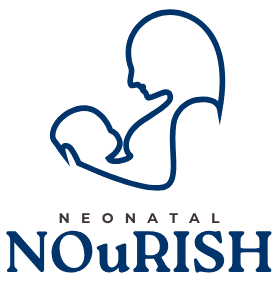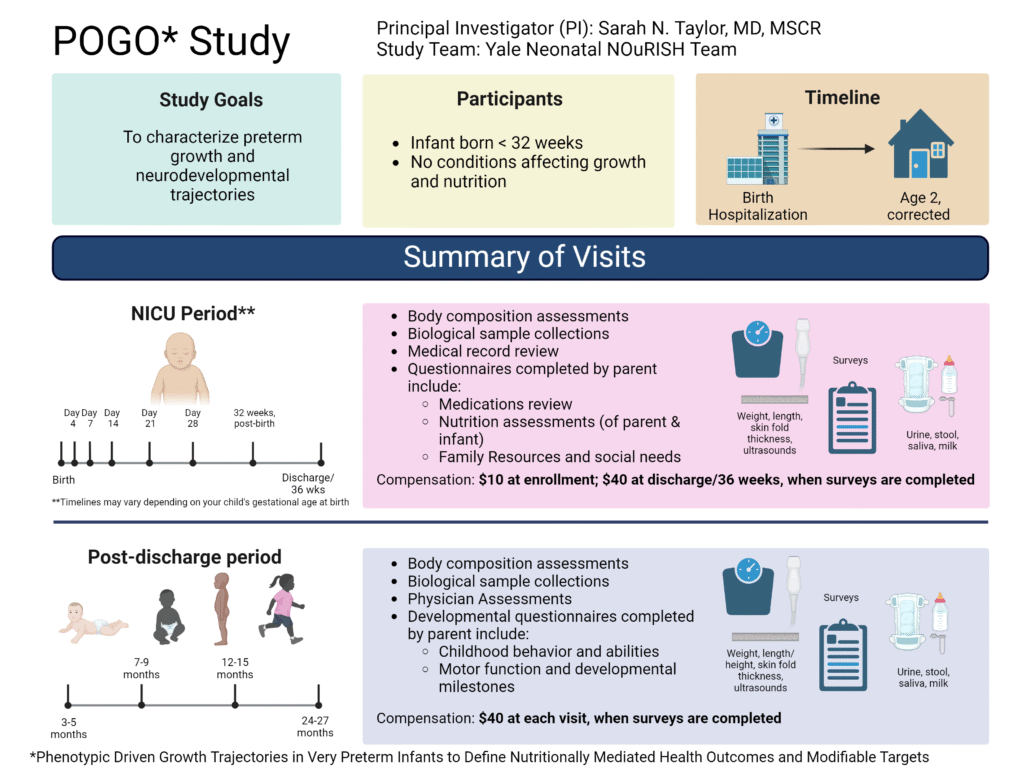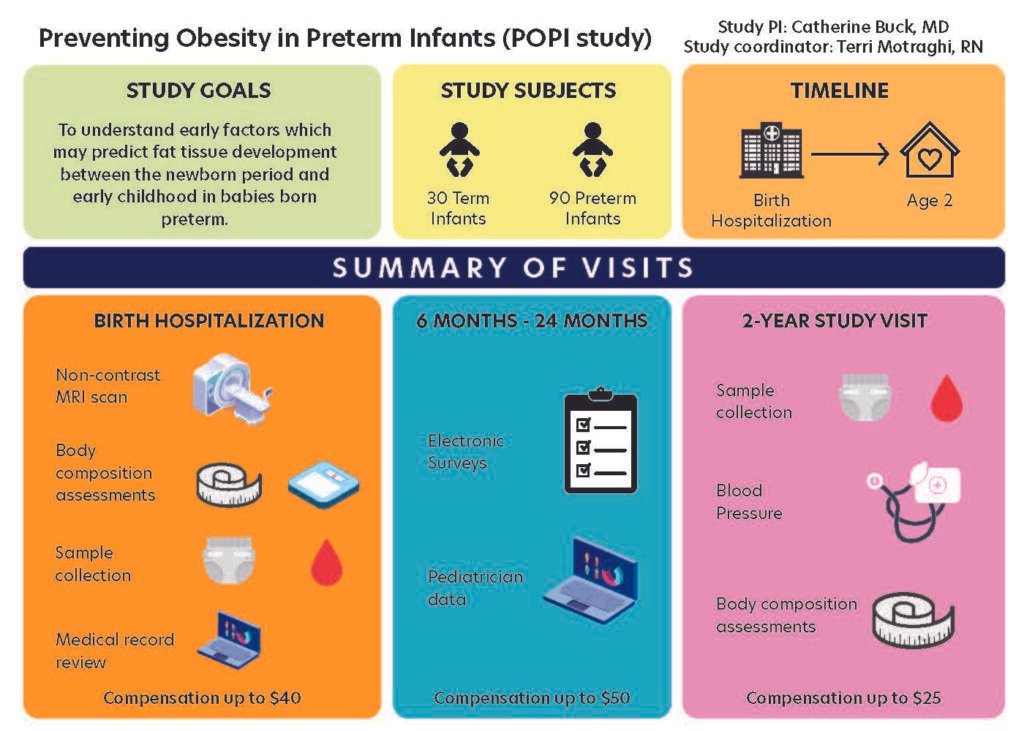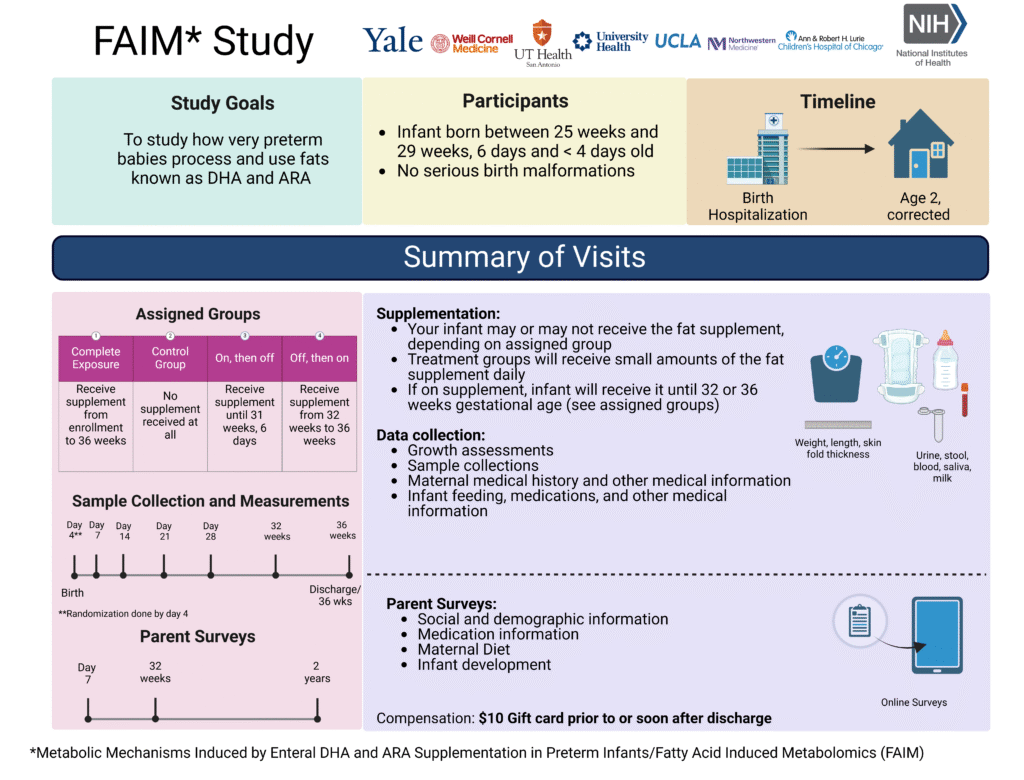Our current research in the United States includes several studies aimed at enhancing the health and outcomes of preterm infants and their mothers. Broadly, the areas we study encompass human milk composition and gastrointestinal health, the impact of nutrition, disease, and maternal hormones on infant growth, as well as barriers to lactation and preterm infant feeding.
- Human Milk and Gastrointestinal Health: We know that human milk feeding is linked to better gastrointestinal health for preterm infants. Our research is looking into how early versus delayed feeding, and the type of milk fed (mother’s own milk or donor milk), impacts gut health, specifically how the gut barrier and inflammation are affected. This study aims to provide insights into how feeding practices influence the gut health of preterm infants.
- Variation in Human Milk Composition: Human milk, whether from a mother or a donor, can vary in its nutritional content. To explore this, we are using a mid-infrared human milk analyzer to measure the energy and protein levels in human milk. By analyzing these nutrients, we aim to understand how they correlate with infant health outcomes and growth patterns.
- Lactation Challenges for Diabetic Mothers: Women who experience diabetes during pregnancy often face challenges with lactation. We are investigating the factors that influence maternal lactation choices and experiences to understand what might prevent successful breastfeeding. The goal of this research is to identify key barriers and work towards solutions that support these mothers in breastfeeding their infants.
- Couplet Care and Maternal-Infant Bonding: The Neonatal Intensive Care Unit (NICU) at Yale New Haven Hospital (YNHH) is one of the first hospitals in the U.S. to offer couplet care rooms, where both an infant receiving intensive care and the mother receiving postpartum care share a hospital room. Our research focuses on optimizing the couplet care experience to promote breastfeeding, strengthen the mother-infant bond, increase maternal satisfaction, and reduce stress during this crucial time.
- The Role of Maternal Hormones on Infant Growth: We are studying how exposure to maternal hormones, both during fetal development and lactation, affects infant growth. Specifically, we want to understand how these hormonal exposures differ based on maternal health and what role they play in shaping the growth trajectory of preterm infants.
- Influence of Nutrition and Disease on Growth: We are investigating how the nutrition and disease exposures that very preterm infants experience affect their growth patterns. This research will help us understand how early nutrition and medical conditions influence the health and development of these infants over time.
These studies aim to provide a deeper understanding of how various factors influence the health and development of very preterm infants, as well as to improve care practices for both infants and mothers.
To learn more about individual projects and their respective investigators, click on the image links below.



